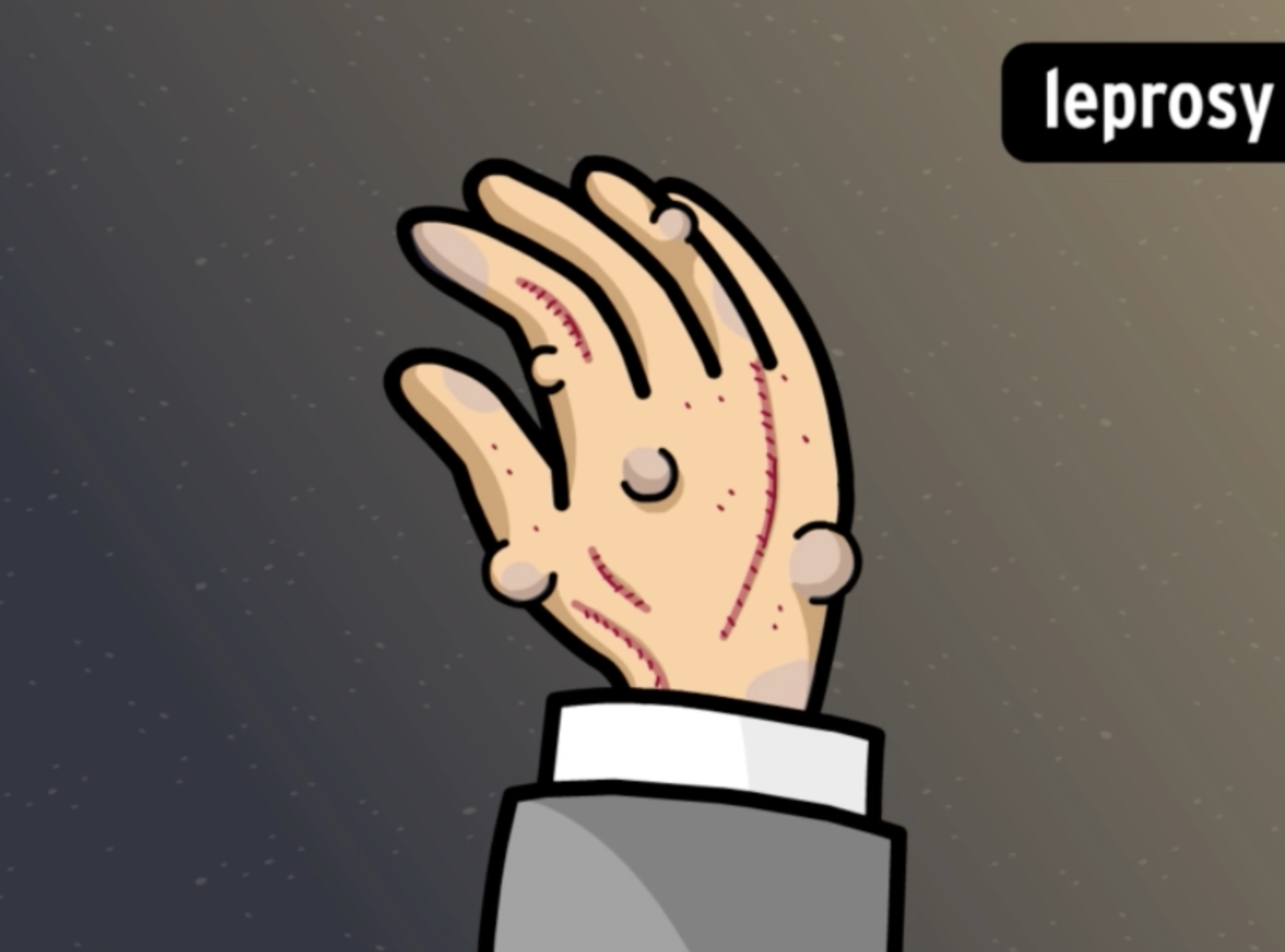Grade: 11-12
CCSS.ELA-Literacy.RI.11-12.1
Cite strong and thorough textual evidence to support analysis of what the text says explicitly as well as inferences drawn from the text, including determining where the text leaves matters uncertain.
Grade: 11-12
CCSS.ELA-Literacy.RI.11-12.2
Determine two or more central ideas of a text and analyze their development over the course of the text, including how they interact and build on one another to provide a complex analysis; provide an objective summary of the text.
Grade: 03
CCSS.ELA-Literacy.RI.3.1
Ask and answer questions to demonstrate understanding of a text, referring explicitly to the text as the basis for the answers.
Grade: 03
CCSS.ELA-Literacy.RI.3.2
Determine the main idea of a text; recount the key details and explain how they support the main idea.
Grade: 03
CCSS.ELA-Literacy.RI.3.4
Determine the meaning of general academic and domain-specific words and phrases in a text relevant to a grade 3 topic or subject area.
Grade: 04
CCSS.ELA-Literacy.RI.4.1
Refer to details and examples in a text when explaining what the text says explicitly and when drawing inferences from the text.
Grade: 04
CCSS.ELA-Literacy.RI.4.2
Determine the main idea of a text and explain how it is supported by key details; summarize the text.
Grade: 04
CCSS.ELA-Literacy.RI.4.4
Determine the meaning of general academic and domain-specific words or phrases in a text relevant to a grade 4 topic or subject area.
Grade: 05
CCSS.ELA-Literacy.RI.5.1
Quote accurately from a text when explaining what the text says explicitly and when drawing inferences from the text.
Grade: 05
CCSS.ELA-Literacy.RI.5.2
Determine two or more main ideas of a text and explain how they are supported by key details; summarize the text.
Grade: 05
CCSS.ELA-Literacy.RI.5.4
Determine the meaning of general academic and domain-specific words and phrases in a text relevant to a grade 5 topic or subject area.
Grade: 06
CCSS.ELA-Literacy.RI.6.1
Cite textual evidence to support analysis of what the text says explicitly as well as inferences drawn from the text.
Grade: 06
CCSS.ELA-Literacy.RI.6.2
Determine a central idea of a text and how it is conveyed through particular details; provide a summary of the text distinct from personal opinions or judgments.
Grade: 07
CCSS.ELA-Literacy.RI.7.1
Cite several pieces of textual evidence to support analysis of what the text says explicitly as well as inferences drawn from the text.
Grade: 07
CCSS.ELA-Literacy.RI.7.2
Determine two or more central ideas in a text and analyze their development over the course of the text; provide an objective summary of the text.
Grade: 08
CCSS.ELA-Literacy.RI.8.1
Cite the textual evidence that most strongly supports an analysis of what the text says explicitly as well as inferences drawn from the text.
Grade: 08
CCSS.ELA-Literacy.RI.8.2
Determine a central idea of a text and analyze its development over the course of the text, including its relationship to supporting ideas; provide an objective summary of the text.
Grade: 09, 10
CCSS.ELA-Literacy.RI.9-10.1
Cite strong and thorough textual evidence to support analysis of what the text says explicitly as well as inferences drawn from the text.
Grade: 09, 10
CCSS.ELA-Literacy.RI.9-10.2
Determine a central idea of a text and analyze its development over the course of the text, including how it emerges and is shaped and refined by specific details; provide an objective summary of the text.
Grade: 06
CCSS.ELA-Literacy.RL.6.6
Explain how an author develops the point of view of the narrator or speaker in a text.
Grade: 07
CCSS.ELA-Literacy.RL.7.6
Analyze how an author develops and contrasts the points of view of different characters or narrators in a text.
Grade: 08
CCSS.ELA-Literacy.RL.8.6
Analyze how differences in the points of view of the characters and the audience or reader (e.g., created through the use of dramatic irony) create such effects as suspense or humor.
Grade: 11-12
CCSS.ELA-Literacy.RST.11-12.1
Cite specific textual evidence to support analysis of science and technical texts, attending to important distinctions the author makes and to any gaps or inconsistencies in the account.
Grade: 11-12
CCSS.ELA-Literacy.RST.11-12.2
Determine the central ideas or conclusions of a text; summarize complex concepts, processes, or information presented in a text by paraphrasing them in simpler but still accurate terms.
Grade: 06, 07, 08
CCSS.ELA-Literacy.RST.6-8.7
Integrate quantitative or technical information expressed in words in a text with a version of that information expressed visually (e.g., in a flowchart, diagram, model, graph, or table).
 Explain to students that leprosy was a disease that caused skin to grow lumps, change color, or tear. Ask:
Explain to students that leprosy was a disease that caused skin to grow lumps, change color, or tear. Ask: 










